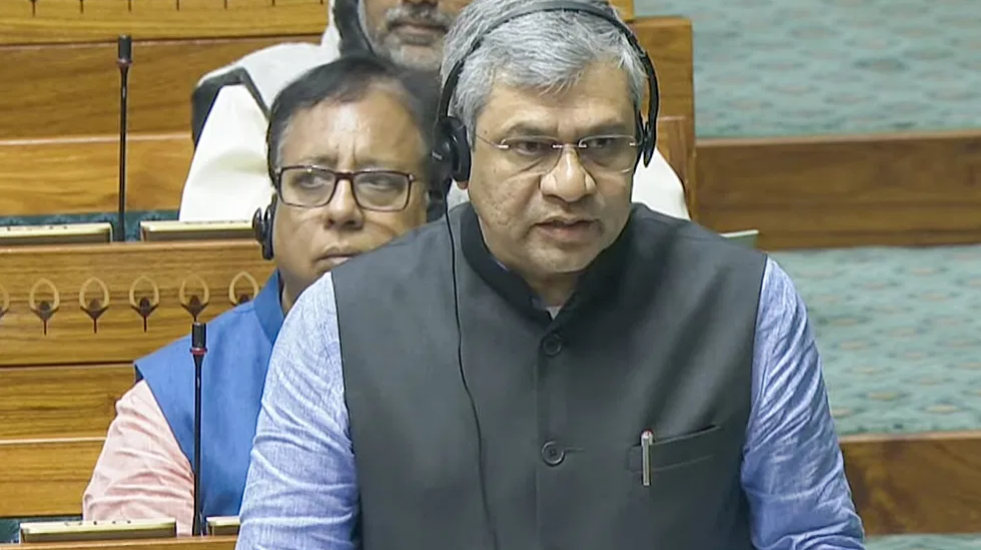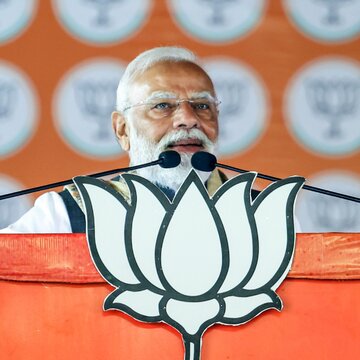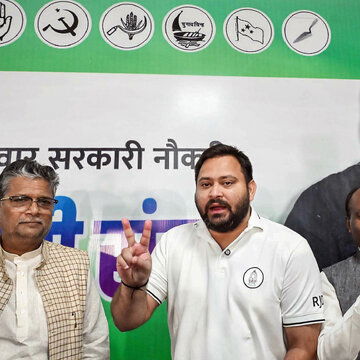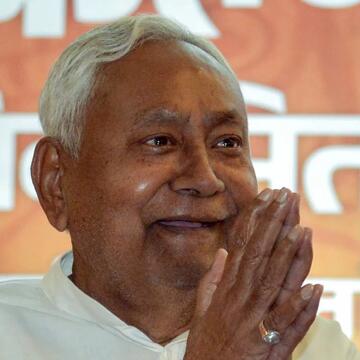It is expected that this commission will update the salaries, benefits, and pensions of over one crore central government workers and retirees in India. This is a significant step toward enhancing employee welfare and addressing issues related to inflation in 2025–2026, as indicated by the timeline, structure, and anticipated benefits.
According to ANI, Union Minister Ashwini Vaishnaw stated, during a press conference in the national capital, “This is a highly significant decision. In January itself, in-principle approval was granted for the formation of the 8th Pay Commission, and in a short span of time, the Commission has now been formally constituted”.
ALSO READ | India and Russia to build passenger jets in India, HAL Signs MoU for twin-engine SJ-100 production
According to the PIB notification, while making the recommendations, the Commission will keep in view the following:
i. The economic conditions in the country and the need for fiscal prudence,
ii. The need to ensure that adequate resources are available for developmental expenditure and welfare measures,
iii. The unfunded cost of non-contributory pension schemes,
iv. The likely impact of the recommendations on the finances of the State Governments which usually adopt the recommendations with some modifications; and
v. The prevailing emolument structure, benefits and working conditions available to employees of Central Public Sector Undertakings and private sector.
ALSO READ | CEC Gyanesh Kumar gives THIS reason for SIR roll-out in Kerala — all details here
What is the 8th Pay Commission?
The Central Pay Commissions are established on a regular basis to investigate various matters pertaining to the salary structure, retirement benefits, and other service conditions of employees of the Central Government and to recommend necessary changes. The pay commissions' recommendations are typically put into practice after ten years. The impact of the 8th Central Pay Commission recommendations would typically be anticipated from 01.01 based on this trend. the year 2026.
The Pay Matrix and a 14% pay increase were introduced in the last pay revision under the 7th CPC, which took place in 2016. The 8th CPC guarantees that salaries stay competitive in the face of growing living expenses and inflation that averages more than 6%.
Additionally, it is essential in establishing allowance ceilings, pay parity between central and state employees, and dearness relief (for pensioners).











